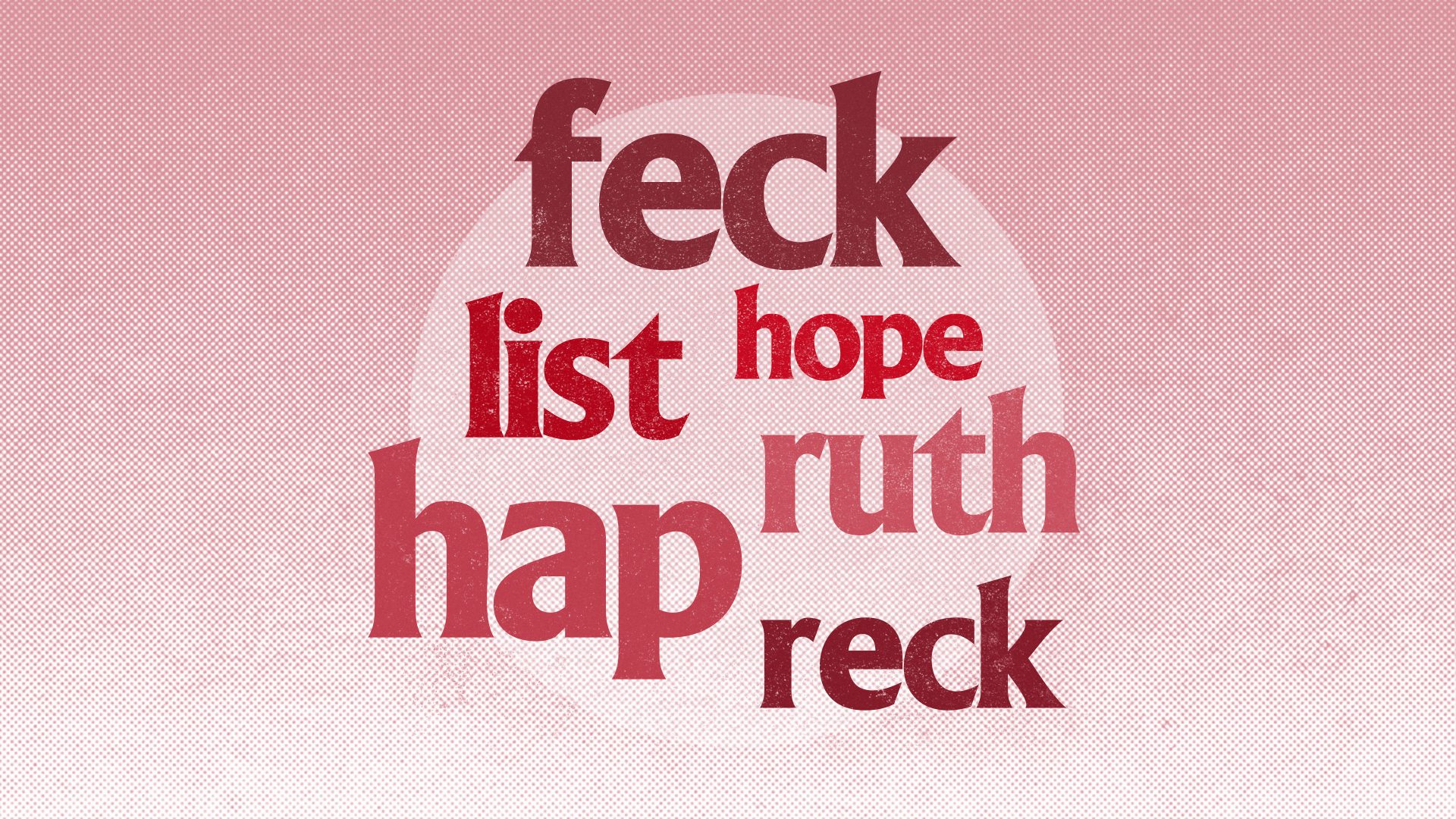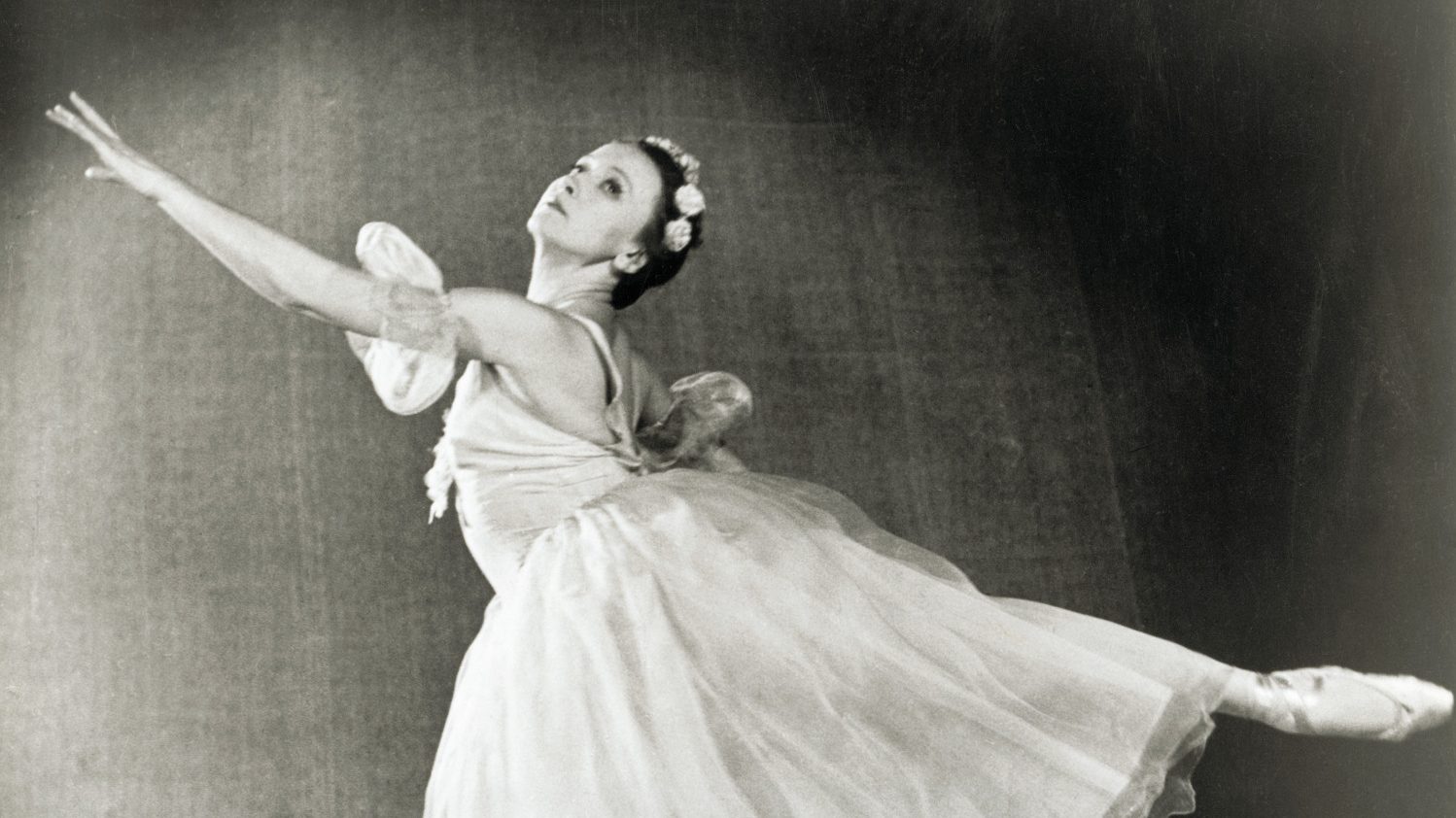The English word useless means “without any use”. The same pattern of word-building involving the suffix -less is found in very many other English words. Some words built on this pattern are very literal in terms of their meaning: for example shoeless, shameless, and homeless simply mean “without shoes”, “without shame”, “without a home”.
But sometimes the relationship between the form of the word and its meaning can be a little more complicated. While hopeless does denote “without hope, causing despair”, it is also used to mean “incompetent, very bad”. And helpless does not exactly mean “without help”. As the Oxford English Dictionary states, its meaning is something more like “having no resources in oneself; unable to help oneself”.
Even more complicated is a word like ruthless, which looks like it ought to mean “without ruth”. But what does ruth mean? Surely there is no such word – except as a woman’s name? But in fact there really is such a word: ruth means “compassion, pity, remorse, regret”. Ruth is derived from the verb to rue, just as truth comes from the adjective true.
The Oxford English Dictionary gives the status of the word ruth as “archaic” and “rare”, and so the reason why many of us may have believed that there is no such word is that it is hardly ever used these days, and we have therefore never heard it or read it.
But ruth used to be common enough. Chaucer has “And therewithal in you there be no ruth”. Milton similarly wrote “Look homeward Angel now, and melt with ruth”. And in Shakespeare’s Merchant of Venice, the Prince of Aragon says: “I’ll keep my oath, patiently to bear my ruth”.
So this once common English word has basically died out, but it continues to lead a ghostly existence as part of a different, albeit related lexical item.
Another such example of a word formed with the same suffix is feckless, which means “valueless, futile, feeble, weak, helpless” and in particular, in more recent times, “irresponsible, shiftless”. It looks like it ought to mean “without feck”. But what does feck mean? Surely there is no such word?
Once again, though, it turns out that this word did exist, though it was mainly found in Scots rather than English, and was also common enough in some of the dialects of the north of England. The origin of feck is not entirely certain, but it is thought to be an abbreviated form of effect in the sense of efficacy or efficiency.
Reck is another ghost word which has totally died out. But it does survive in the form of reckless, meaning “heedless, rash, foolhardy, irresponsible”. We can deduce, then, that reck used to mean “(to take) care, (to show) consideration” as in Milton’s “They reck not whether you know them or not”.
Hapless “unfortunate, unlucky” – and in more recent usage “incompetent, clumsy” – similarly preserves for posterity the noun hap, which also survives in happy. And the now dead word list “appetite, craving, desire” lives on in listless “unwilling to move, act, make any exertion, weary, apathetic”.
This all raises the interesting question of why some apparently perfectly helpful words which have been around for many centuries sometimes just disappear from a language. What, after all, was so useless about reck, hap, and list?
FOOL
The English word fool comes from Anglo-Norman fool and Old French fol. This is etymologically the same as Modern French fou “mad, daft”, where the final consonant has been lost from the masculine form of the adjective, while in the feminine adjectival version, the l still survives in the form folle.




